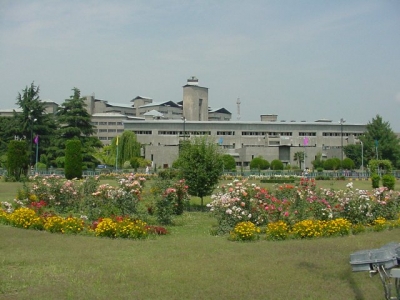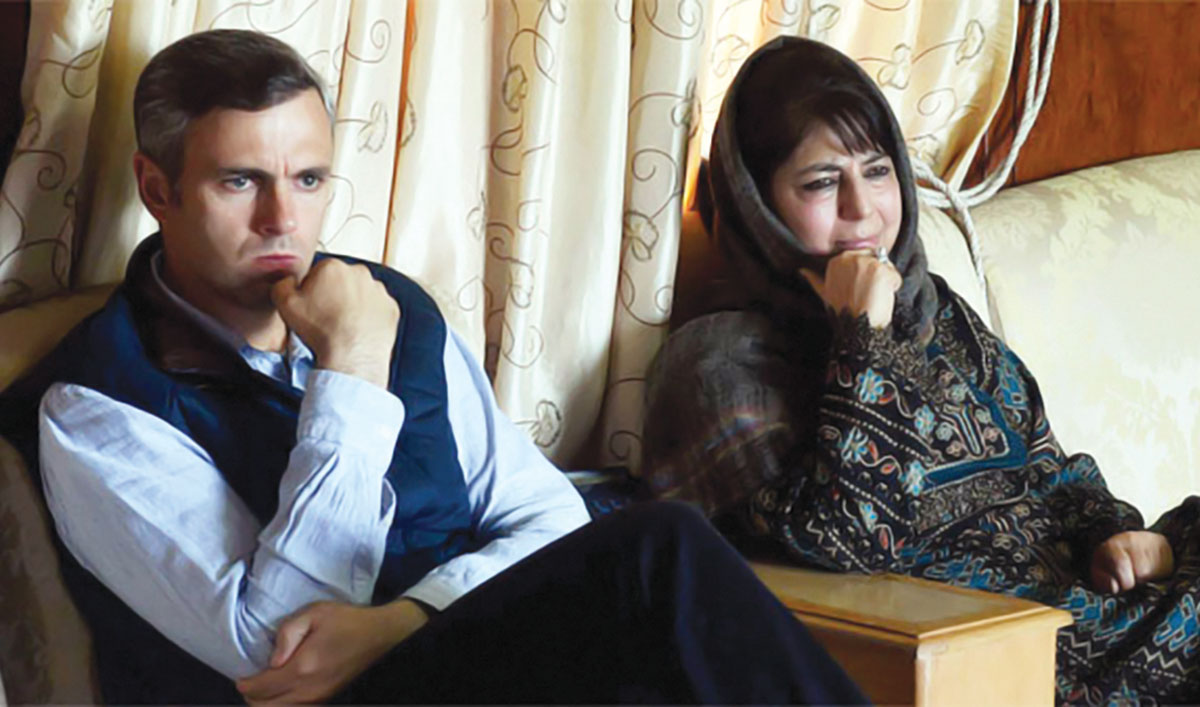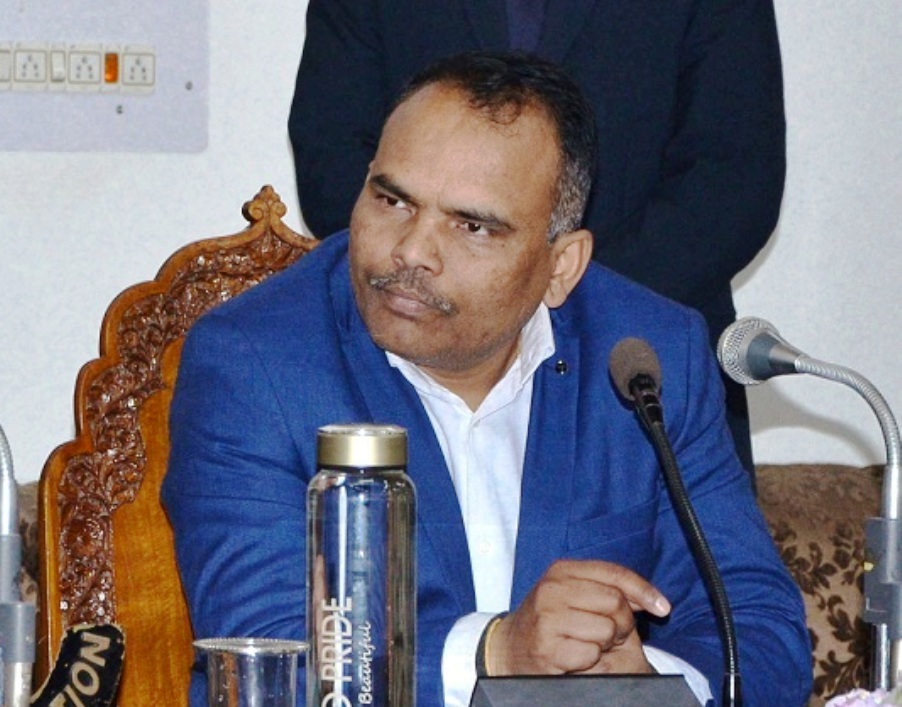Arif Ayaz
Perhaps taking their cue from this year’s icier winter, rumours that India and Pakistan have decided to “freeze the Kashmir dispute for 10 years” have started to paratroop upon Kashmir. Over the past fortnight or so, one after another story in Indian as well as Indian-controlled Kashmir media has been attempting to raise the sand around the beach-castle of this narrative, which is glued together by an anti-democratic stance of the State.
Pakistan is facing a lot of trouble in Baluchistan, the pressure of the deepening fissures with old-ally US is building up and the internal trouble is coming to a boil. These are the facts this narrative is peddling hard to sell its wares. In the light of these facts, pointing towards Pakistan’s desire to restore trade ties with India, the narrative dictates that the days of Pakistani patronage to the movement for azadi are over and Kashmiris would be foolish not to come into India’s forgiving embrace while the offer lasts. While being deeply anti-democratic, as already mentioned, this stance is also self-contradictory as it pitches the idea that the movement for self-determination in Kashmir is a result of Pakistani patronage, with the implication that Kashmiris lack volition, and then follows it by inviting them to see reason and choose India.
The malaise runs even deeper. It is interesting to note that almost all of the arguments of this narrative are coming from the Indian government, media and civil society. With the new pathology of power developing within the official as well as unofficial establishments of India,there is an increasing tendency to speak on behalf of all the three parties concerned, India, Kashmir and Pakistan and thus usurp all representation. This bodes well neither for long-term peace prospects in the region nor for a lasting solution to the Kashmir issue.
One obvious purpose is to harvest Pakistan’s weak moment to gravitate the popular opinion in Kashmir away. But more importantly, the general public in India has been exposed to the political and social realities of Kashmir in an unprecedented manner over the last few years, thanks largely to street protests but also to the discourse Kashmirisprimarily have generated through the internet and social media. So these are also attempts to take the domestic discourse inside India back to a position where ‘Pak-sponsored terrorism’ is the only narrative available to the citizens.This also explains one of the utilities of efforts to absorb the moderate voices in Kashmir into the black hole of Indian electoral politics.
The tragedy is that while a resolution of the Kashmir issue is an existential matter for Kashmiris, it continues to be an enjoyable power-game of one upmanship for the purported democracy and its so-called flag-bearers. The shame is that manifestly autocratic declarations of freezing people’s aspirations are made so blatantly. Will the cryogenicists of democracy realize that injustice anywhere is a threat to justice everywhere? Or will the citizens remind them with a gentle nudge?















